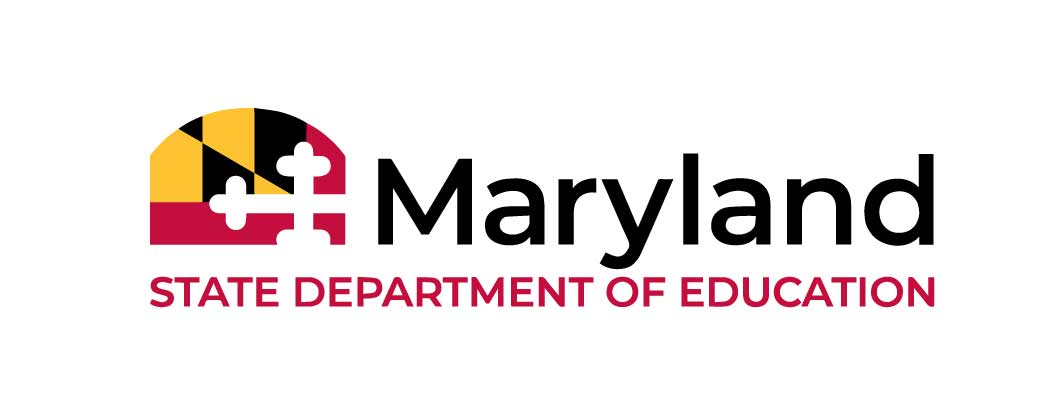Transition Talks: Health Care and Transition

We typically think of secondary transition as the preparation of students with disabilities for the transition from high school to higher education, the world of work and independent living. Informal and formal assessments are used in the transition process to identify transition activities that will help facilitate the student’s progress toward his/her postsecondary goals. Health and wellness are central to achieving these postsecondary goals and should also be addressed. Parents have typically handled all health care needs for their child before the age of majority is reached. However, at age 18 these responsibilities become those of the young adult. Is the student prepared to manage health care needs? “Youth do not instantly become adults when they turn age 18, regardless of their new legal status,” said (then) AAFP President Michael Munger, M.D. of Overland Park, Kan., in a news release (www.aap.org).
According to a report from the November 2018 American Academy of Pediatrics, the transition from pediatric health care to adult health care is especially important for youth with special needs. It was reported that without a structured health care transition process, young adults with special needs are more likely to have difficulties managing their health and well-being than those without special needs. When working with our transitioning youth and their families, it will be important to discover their knowledge and understanding of this process. Opening these conversations will help provide students with disabilities a seamless transition to all aspects of adult life.
Spotlight
Rock Creek School, Frederick County
Bill Derbyshire, LCSW-C
Rock Creek School provides an educational program for students with developmental disabilities who will exit the school system with a Maryland High School Certificate of Program Completion at age 21. Many of the students at Rock Creek School have medical needs that must be addressed and planned for during the transition process. The school staff works closely with families to help them navigate the adult system and coordinate with community service providers who may provide funding for services once the student has graduated.
Rock Creek School invites the student’s Coordinator of Community Services (CCS) to the annual IEP meetings beginning when the student turns 14. They believe it is important to include the student’s CCS at the meetings because that person will represent the student’s needs when applying for funding for a meaningful day program. The CSS is also knowledgeable of the student’s health care needs and can be certain these needs are addressed. Parents are provided with a packet of information regarding transition planning and community resources, as well opportunities to tour adult agencies and providers.
Questions to Consider
- Do the student and parents know if the student will be eligible to continue on the current health insurance plan and for how long?
- Are the student and parent aware of legal changes in health care and medical rights at age 18?
- Are we educating students and parents about the transition from pediatric health care to adult health care?



